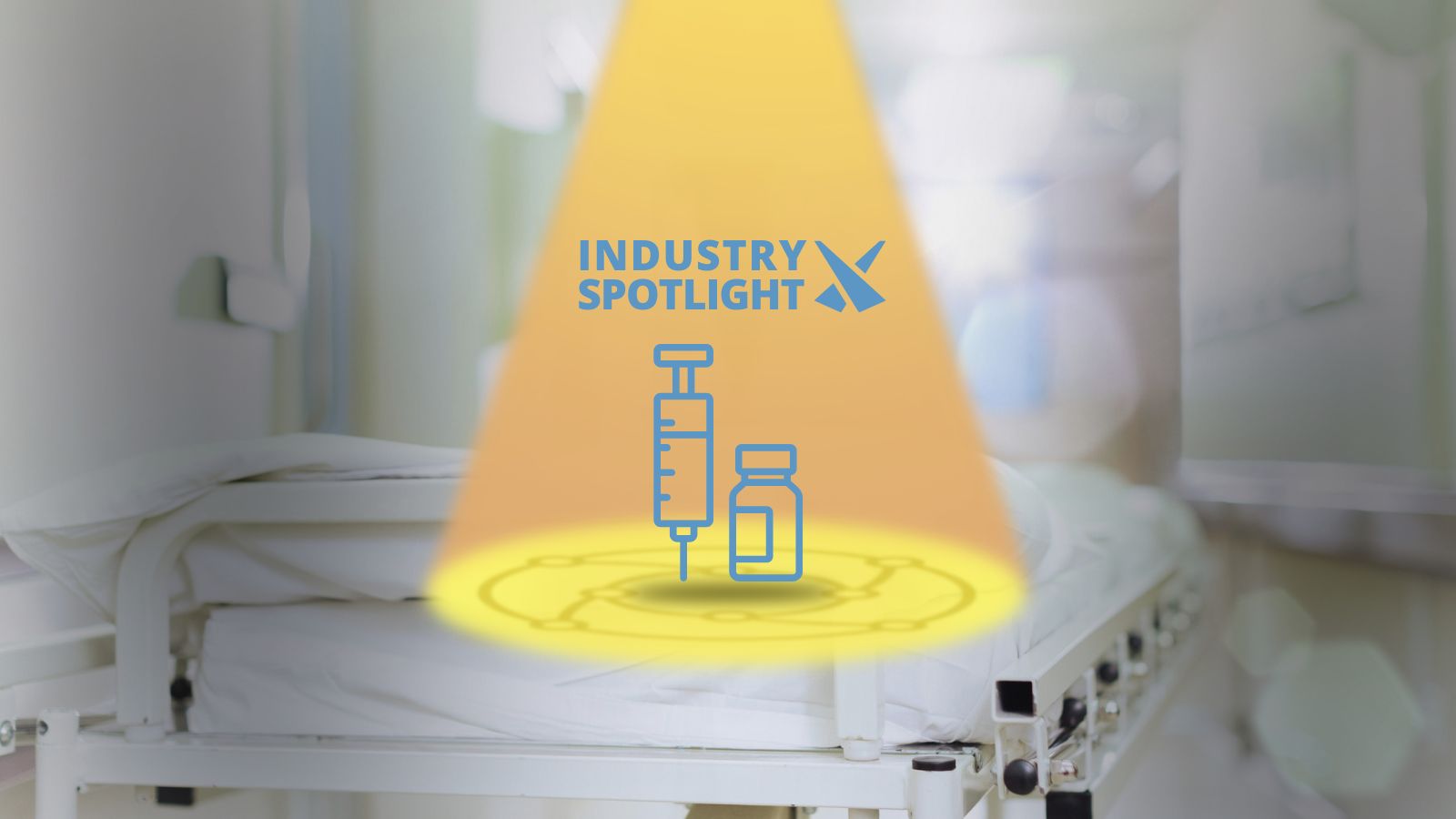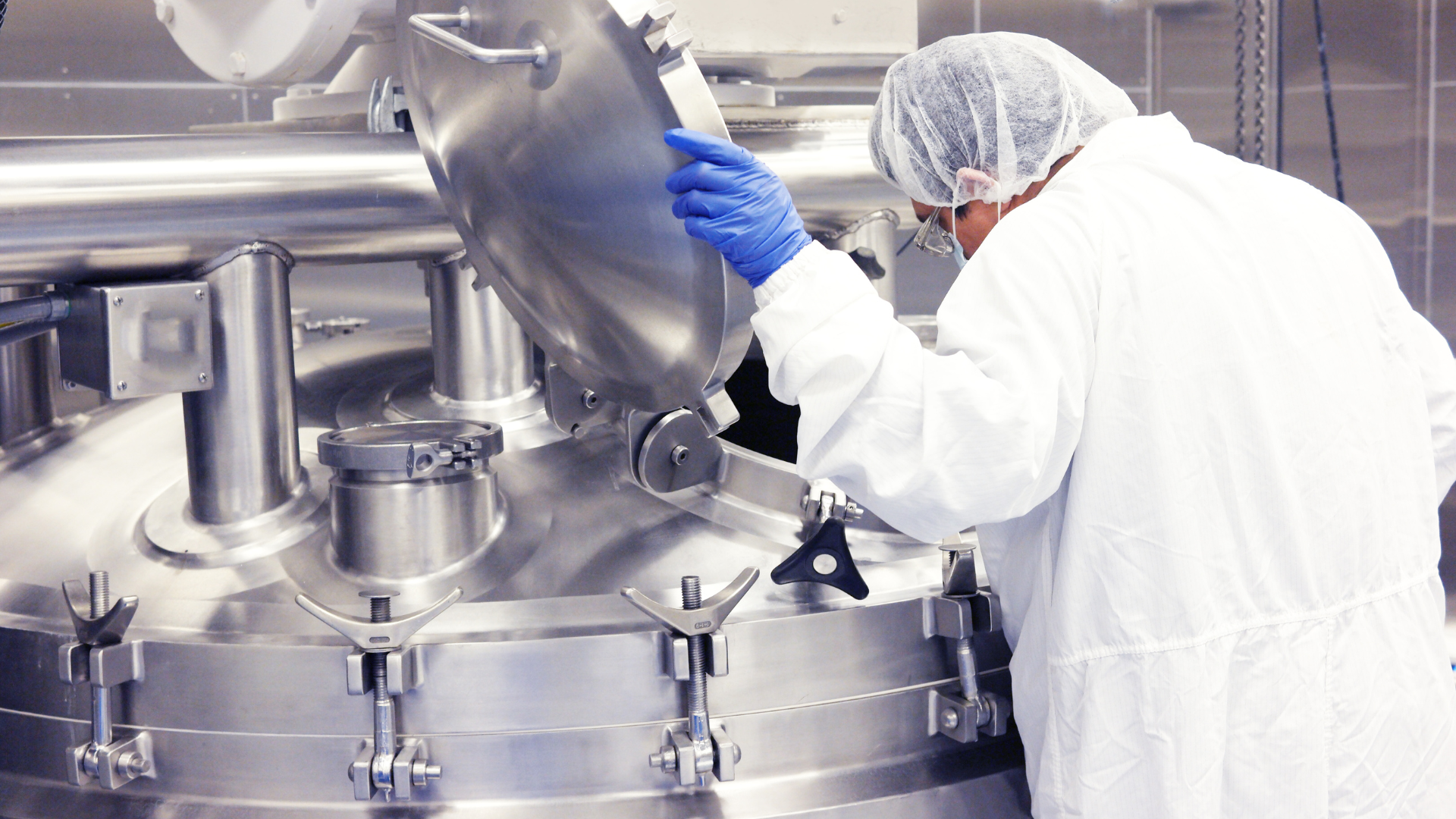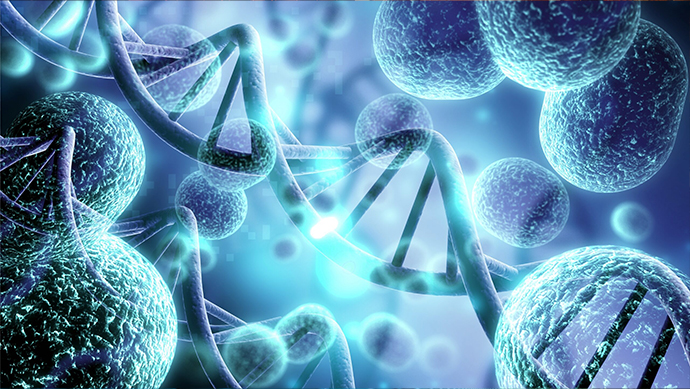Approved Gene Therapy Products Brought to Market Through the use of AI

Artificial intelligence (AI) could be instrumental in bringing approved gene therapy products to market following approval by regulators such as the FDA.
With recent advances in the accuracy and validity of AI-assisted development for new therapeutics, the FDA has promoted innovation in using AI-based technologies for drug development.
This has seen some companies such as Komodo use real-world datasets to help in the validation of products undergoing Phase I or Phase II clinical trials.
The increased openness to interpolating AI-assisted validation for development is particularly pertinent for gene therapies, as there is a significant backlog in therapies in development at present and the standard therapeutic takes roughly a decade to move from inception to final approval.
At present, the median research and development cost of bringing a new therapeutic to market through the gene therapy process is approximately USD $895 million.
AI and machine learning (ML) can help to streamline the discovery and approval of new treatments by automating the analysis of trial datasets, reducing both financial cost and time to market.
Gene therapies are developed to treat illnesses such as cystic fibrosis, Tay-Sachs disease, and sickle cell anaemia.
Some applications of AI in the development process itself include the automated trialling and validation of transcription factors, which can impact on the resultant success of the trial and lead to an increase in the overall number of approved gene therapy products on the market.
Constraints in Implementing AI In the Gene Therapy Process
AI and ML techniques also allow for a reduction in the amount of time and money spent on the development of new gene therapy products.
OneThree Biotech uses AI to integrate more than 30 types of clinical, biological and chemical data, facilitating the generation of new drug insights with more accuracy and a greater chance of success.
One consideration in the implementation of AI strategies is the availability of high-quality data: often, when dealing with novel molecules and substances, there is little data available to researchers.
At present, the FDA is working to establish and de-risk AI use in the integration of clinical trials as a tool for drug development - particularly where there is a high unmet need for innovation.
- Interpreting dynamic cell properties through metabolic modelling
- Three major considerations for automating CGT manufacture
- The regulatory landscape for cell and gene development
The integration of real world data (RWD) into clinical development has significantly accelerated the evidence-based research process.
Many of the systemic obstacles to gene therapy development can be removed by tapping into longitudinal datasets that track the real-world progress of clinical trial participants, enabling the identification of gaps in care.
Get your weekly dose of industry news and announcements here, or head over to our Cell portal to catch up with the latest advances in cellular therapies.







